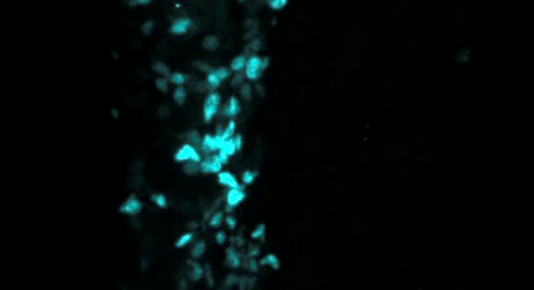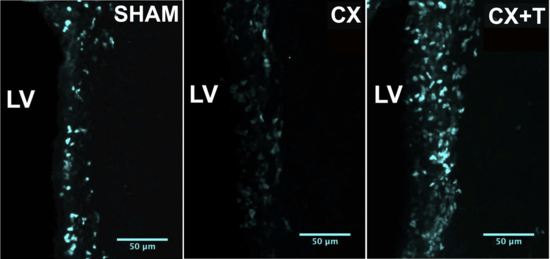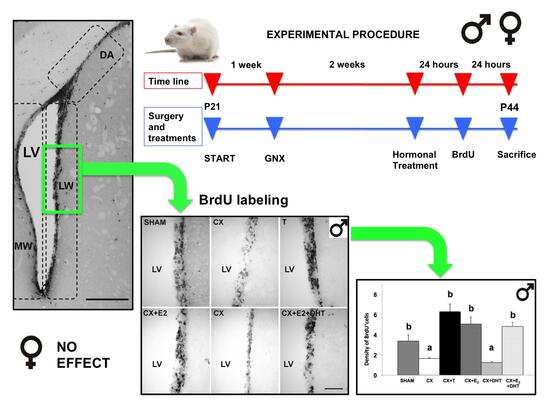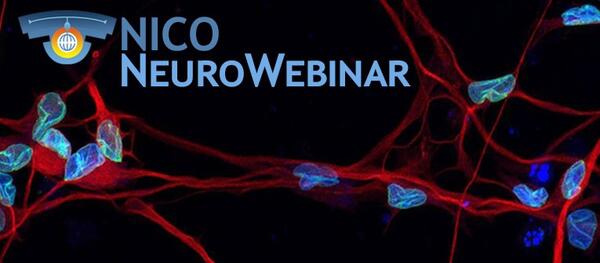
Neuroscience, December 2014
Testosterone and estradiol differentially affect cell proliferation in the subventricular zone of young adult gonadectomized male and female rats
Alice Farinetti a, d , Simone Tomasi a, d , Benedetta Foglio a, d , Alessia Ferraris a, d , Giovanna Ponti c, d , Stefano Gotti a, d , Paolo Peretto b, d , Giancarlo Panzica a, d
Steroid hormones are important players to regulate adult neurogenesis in the dentate gyrus of hippocampus, but their involvement in the regulation of the same phenomenon in the subventricular zone (SVZ) of the lateral ventricles is not completely understood. Here, in male rats, we tested the existence of activational effects of Testosterone (T) on cell proliferation in the adult SVZ.
To this aim, three groups of male rats: castrated, castrated and treated with T, and controls were treated with BrdU and killed after 24 hours. The density of BrdU labeled cells was significantly lower in castrated animals in comparison to the other two groups, thus supporting a direct correlation between SVZ proliferation and levels of circulating T. To clarify whether this effect is purely androgen-dependent, or mediated by the T metabolites, estradiol (E2) and dihydrotestosterone (DHT), we evaluated SVZ proliferation in castrated males treated with E2, DHT and E2+DHT, in comparison to T- and vehicle-treated animals, and sham-operated controls.
The stereological analysis demonstrated that E2 and T, but not DHT, increase proliferation in the SVZ of adult male rats. Quantitative evaluation of cells expressing the endogenous marker of cell proliferation PHH3, or the marker of highly dividing SVZ progenitors Mash1, indicated the effect of T/E2 is mostly restricted to SVZ proliferating progenitors. The same experimental protocol was repeated on ovariectomized female rats treated with E2 or T. In this case, no statistically significant difference was found among groups.
Image: Neogenerated type C cells (neuron precursors, identified with the Mash1 marker) in adult male rat SVZ (SHAM). Castration (CX) induced a significant decrease of these cells, while exposure to testosterone (CX+T) restored their number.
Overall, our results clearly show that the gonadal hormones T and E2 represent important mediators of cell proliferation in the adult SVZ. Moreover, we show that such effect is restricted to males, supporting adult neurogenesis in rats is a process differentially modulated in the two sexes.
[
ScienceDirect
]
Graphical abstract
a
Department of Neuroscience, University of Turin, 10126, Turin, Italy
b
Department of Life Sciences and Systems Biology, University of Turin, 10123 Turin, Italy
c
Department of Veterinary Sciences, University of Turin,10095, Grugliasco, Italy
d
NICO - Neuroscience Institute Cavalieri Ottolenghi, 10143 Orbassano, Italy









